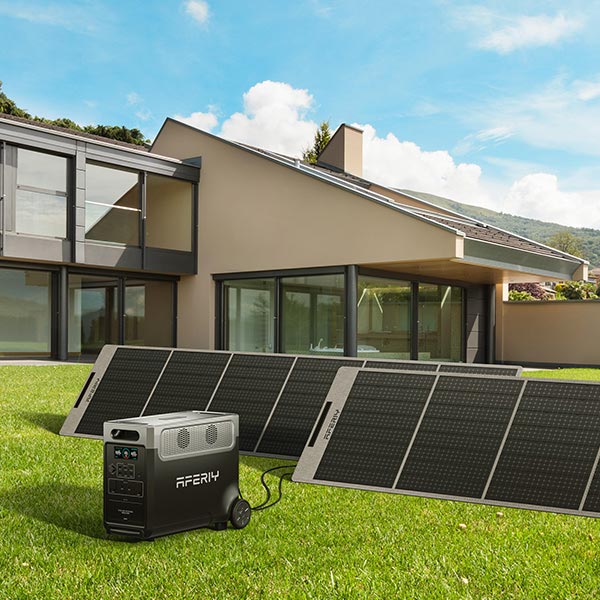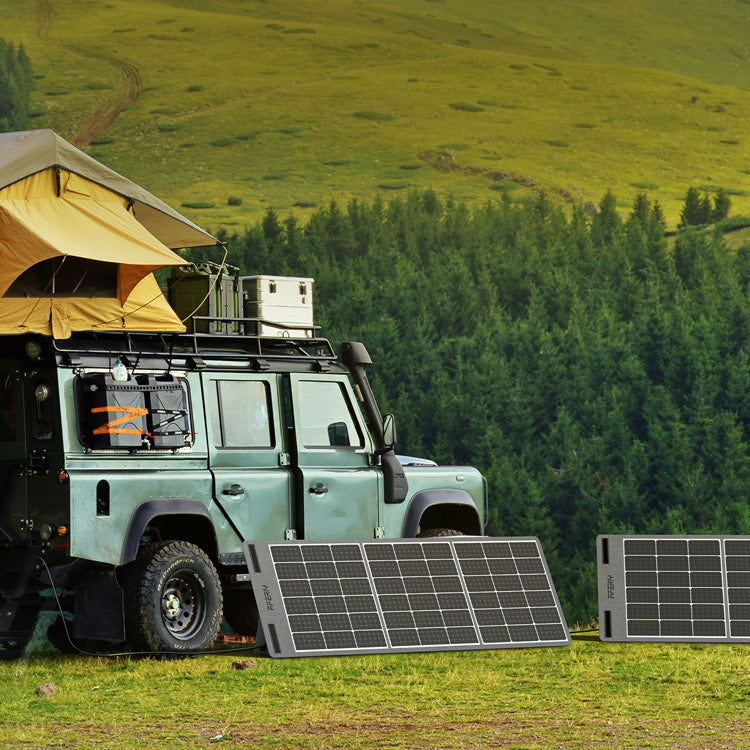Coping with Wildfires: Essential Advice
Good day, everyone. In regions like Los Angeles where wildfires pose a significant threat, being well-prepared can make a crucial difference. Here are some comprehensive suggestions based on reliable sources.
Before the Fire Approaches
Evacuation Planning
As recommended by the California Department of Forestry and Fire Protection (CAL FIRE), it is vital to plan multiple evacuation routes in advance. CAL FIRE's Essential Guide for Wildfires Evacuation Safety suggests mapping out at least two ways to get out, considering main roads, highways, and even backroads. Know the locations of designated evacuation directions and shelters. Also, designate an out-of-harm's-way meeting place, such as a relative's house or a community center, and ensure all family members are known of it.
Essential Items Preparation
The Federal Emergency Management Agency (FEMA) advises gathering important documents like ID cards, passports, property deeds, and insurance policies into a waterproof and fireproof container. FEMA's Wildfires | Ready.gov also recommends stocking up on at least three days' worth of non-perishable food, bottled water, necessary medications, personal hygiene products, and a first aid kit. Additionally, select and set aside cherished and irreplaceable items, such as family photos and heirlooms.

Vehicle Readiness
Ensure your vehicle is in good working condition, with a full tank of gas. Park it in an easily accessible location, away from potential hazards like overhanging trees or power poles. Equip the vehicle with emergency supplies like flashlights, blankets, and a spare phone charger, as per FEMA's guidelines.
When Receiving a Mobile Warning

Stay Calm and Gather Information
If your mobile phone receives a wildfire warning, please do not panic. The first thing is to check the details of the warning, including the location and scale of the fire. Try to observe the actual situation of the fire if it's visible from your position. Look for signs like the color and height of the smoke, which can give you an indication of the fire's intensity.
Follow Government Advice and Decide
Then, closely follow the suggestions and instructions provided by the government. They usually have a better understanding of the overall situation and will offer guidance on whether to evacuate or stay put. If the government advises evacuation, do not hesitate. Bear in mind that wildfires can spread extremely fast, so always leave enough time for a smooth evacuation. Do not wait until the last minute when roads might be congested or the situation becomes too dangerous.
During the Evacuation
Stay Calm and Follow Instructions
When the evacuation order is given, remain calm. Listen carefully to the instructions provided by local authorities, whether it's through emergency broadcast systems, social media alerts, or police announcements on the street. CAL FIRE emphasizes the importance of following these directives promptly to ensure a smooth evacuation.
Protect Yourself and Others
Wear protective clothing if possible, including long sleeves, pants, closed-toe shoes, and a face mask to shield against smoke and ash. Help elderly neighbors, disabled individuals, or those with small children who may need assistance getting to safety, following the community spirit advocated by many local disaster response initiatives.
After the Evacuation
Safety Precautions
Check for injuries among your family and seek medical attention immediately if needed. If anyone has inhaled smoke, take it seriously and you can check the suggestions at this link: https://www.webmd.com/lung/smoke_inhalation_treatment_firstaid.htm. Stay away from the fire zone as it may still pose risks like reignition, building collapse, or secondary disasters such as mudslides, as warned by both FEMA and CAL FIRE.
Lifestyle Adjustments
Once at the shelter or a safe location, familiarize yourself with the available resources. Take advantage of food, water, and accommodation provided. Keep your communication devices charged to stay in touch with loved ones and follow updates on the fire situation through reliable news sources or official announcements.
Property and Insurance Matters
If your house has been damaged or destroyed, contact your insurance company right away. Provide them with detailed information about the fire and the damage. Follow the procedures outlined by your insurer, which usually involve documenting the loss with photos, receipts, and detailed inventories, similar to the steps recommended by industry insurance guides.
Conclusion
By being proactive and following these evidence-based suggestions, we can better protect ourselves, our families, and our property in the face of wildfires. Additionally, we encourage you to share your own suggestions and experiences to help others who might face similar situations in the future. Remember, your insights could be invaluable to someone in need. And throughout this challenging time, know that we are all in this together. AFERIY offer our full support, encouragement, and care to every individual affected by wildfires. Stay safe and be prepared.











Leave a comment
Please note, comments need to be approved before they are published.